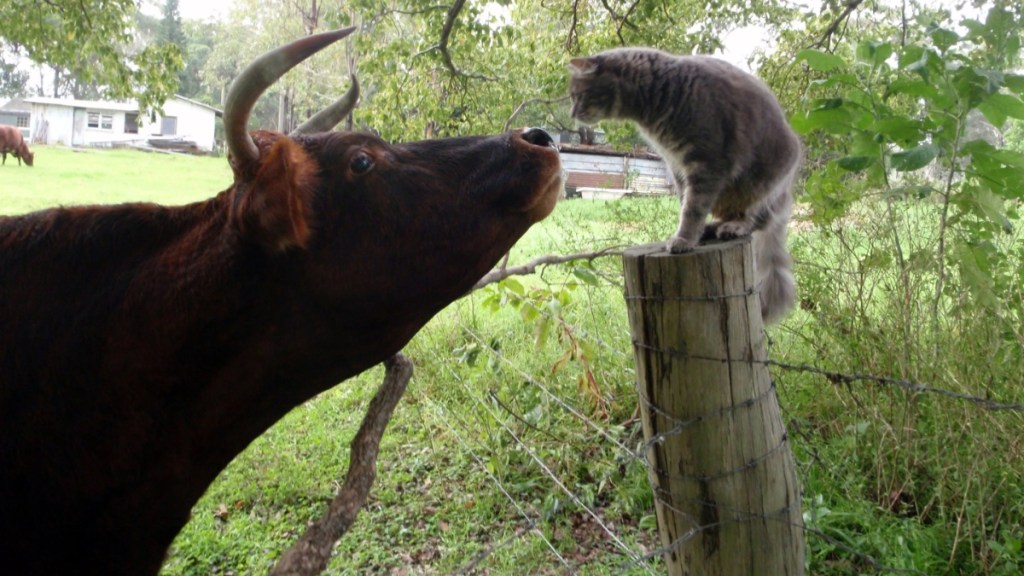On April 30, a report published in the Centers for Disease Control and Prevention’s Emerging Infectious Diseases journal took a deep dive into the highly pathogenic avian influenza. HPAI H5N1 first started spreading among cows earlier this year. However, veterinarians are now concerned as more than half the cats who drank raw milk from the infected cows at a Texas farm are dead.
More than half the cats die after drinking milk from bird flu-infected cows
The dead cats tested positive for bird flu after drinking raw milk at the first dairy farm that reported the spread of avian influenza. The farm first noticed their cows getting sick and then started catching several of their cats falling sick as well. Unfortunately, before anything could be done, the felines were dead, as per CBS.
What raised suspicion was the cats dying without any signs of injury. It led to samples being collected from their brains and lungs. They reportedly had “high amounts of virus nucleic acid.” The samples further revealed the cats also had “microscopic lesions consistent with severe systemic virus infection.”
Cats are highly vulnerable to HPAI H5N1. So, unfortunately, it is not unexpected that several of them died after contracting bird flu. But scientists are more surprised by the virus spreading from cows to cats, which was unheard of until recently.
HPAI H5N1 has often led to deaths and neurological disorders in domestic cats. However, vets have been advised to wear goggles and respirators while working with recent cases of bird flu infections among felines to avoid contracting the same.
Efforts are also being made to stop the spread of HPAI H5N1 among cows. While only 15% of cows in herds diagnosed with the infection have shown signs of illness, they are spreading it to poultry and domestic cats.
Veterinarians advise staying clear of raw milk for the foreseeable future. It is important to note that unpasteurized dairy products are some of the riskiest foods right now. However, pasteurization does kill it. So, one doesn’t need to worry about them or their cats getting infected if they consume pasteurized milk.






